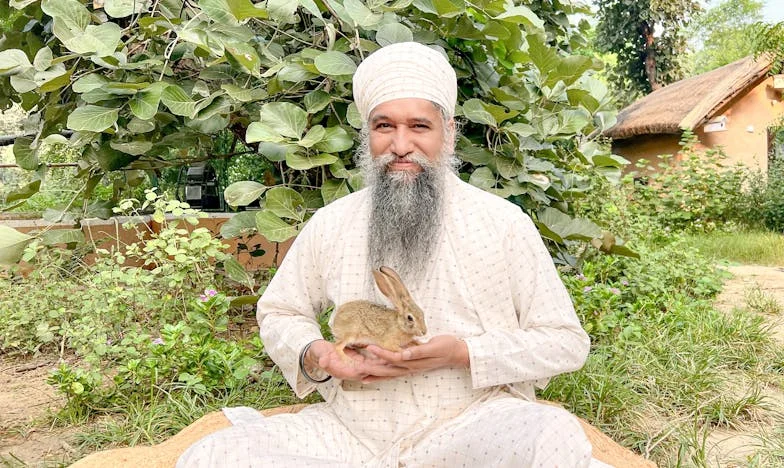“Caring for Grandpa: The Guilt and Frustration I Can’t Shake”
Caring for a loved one can be one of the most rewarding yet challenging experiences in life. My grandpa, who is 94 years old, has always been a pillar of strength in our family. He was the one who taught me how to ride a bike, helped me with my homework, and shared countless stories from his youth. But last year, everything changed when he had a severe fall that left him bedridden.
The fall resulted in multiple fractures, and the doctors were not optimistic about his recovery. Despite their grim prognosis, we decided to bring him home and take care of him ourselves. I volunteered to be his primary caregiver, thinking it would be a way to give back for all the love and support he had shown me over the years.
At first, I was determined and hopeful. I set up a comfortable room for him, learned how to administer his medications, and even took a leave of absence from work to be there for him full-time. But as the days turned into weeks and then months, the reality of the situation began to sink in.
Grandpa’s condition didn’t improve as we had hoped. He remained bedridden, unable to move without assistance. The once vibrant man who used to tell me stories now struggled to remember my name on some days. The physical demands of caregiving were exhausting, but it was the emotional toll that hit me the hardest.
I found myself growing increasingly frustrated. Simple tasks like feeding him or changing his clothes became monumental challenges. There were days when I felt like I was losing my mind, overwhelmed by the constant demands and lack of sleep. I started to resent the situation and, at times, even my grandpa.
One particularly difficult day, after hours of trying to get him to eat, I felt an overwhelming urge to just throw the bowl of soup across the room. The guilt that followed was crushing. How could I feel such anger towards someone I loved so dearly? I confided in a friend who assured me that these feelings were normal, but it didn’t make them any easier to bear.
The isolation didn’t help either. Friends and family members offered their support initially, but as time went on, their visits became less frequent. It felt like everyone else had moved on with their lives while mine was stuck in this endless cycle of caregiving.
I tried joining support groups and seeking professional help, but nothing seemed to alleviate the constant stress and guilt. Every time I looked at my grandpa, I saw a man who had given so much to our family, and it broke my heart that I couldn’t do more for him.
As the months dragged on, my own health began to suffer. I lost weight, struggled with insomnia, and found myself snapping at loved ones over trivial matters. The person I once was seemed to be slipping away, replaced by someone I barely recognized.
In the end, we had to make the difficult decision to place Grandpa in a care facility. It was a choice that came with its own set of guilt and heartache, but it was clear that I could no longer provide the level of care he needed. Visiting him now is bittersweet; he’s well taken care of, but the spark in his eyes is gone.
Caring for Grandpa taught me many things about love, sacrifice, and the limits of human endurance. It’s an experience that has left me forever changed, grappling with feelings of guilt and frustration that I may never fully resolve.
